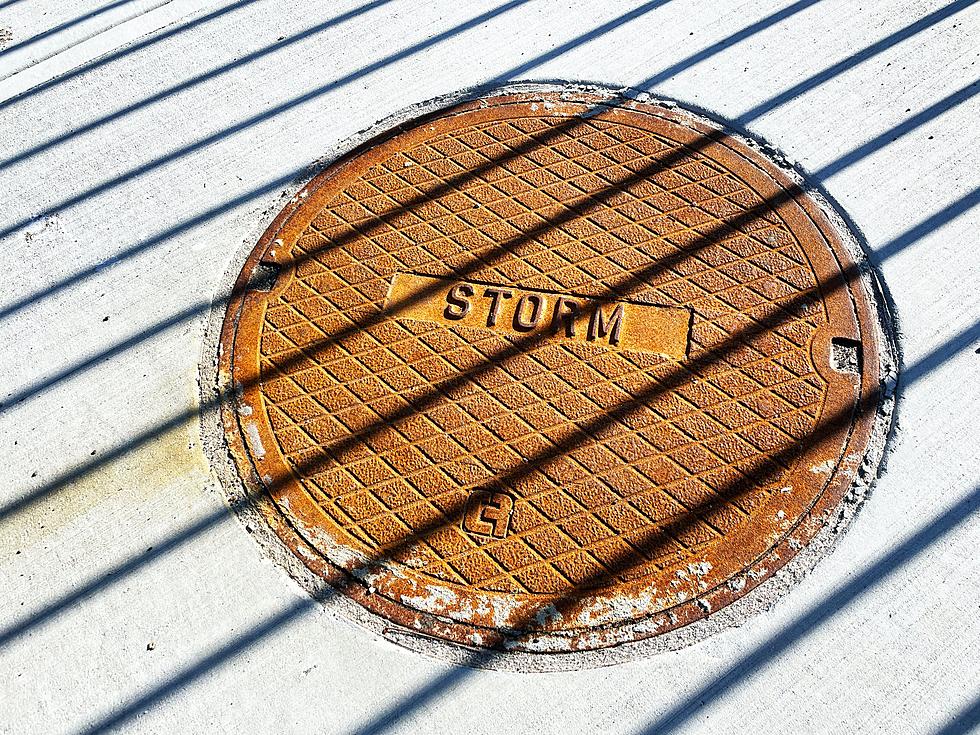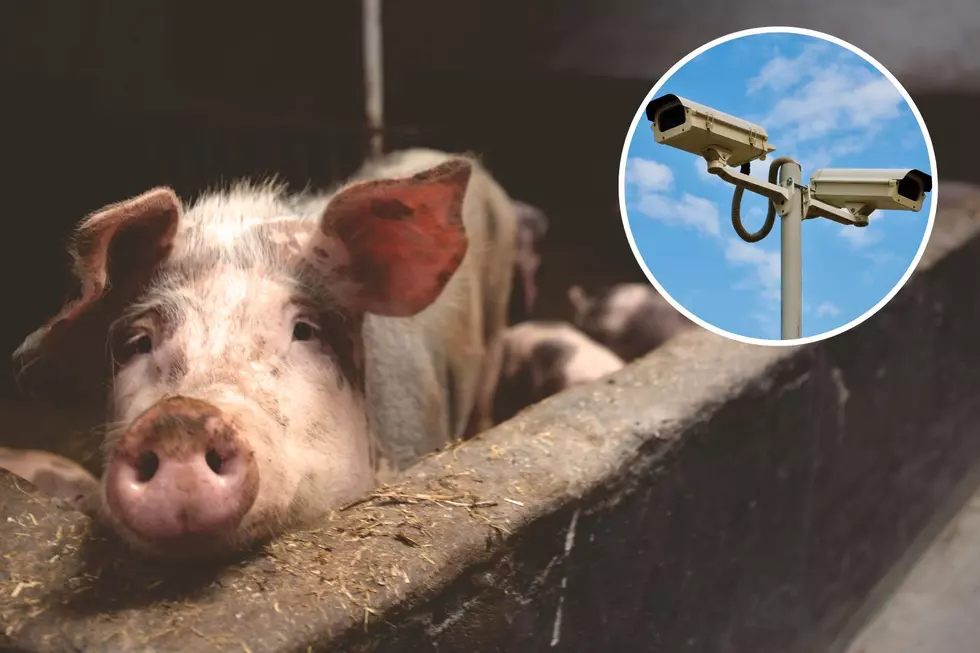
Iowa Pork Facility Sees Wastewater Spill
A wastewater spill from a Tyson Foods pork factory hit storm sewers in Storm Lake last week.
According to a release from the Iowa Department of Natural Resources, the wastewater began flowing into a storm sewer around 2:45 a.m. and flowed for about a half-hour. The cause was likely a pump failure in the plant.
According to the DNR, the leak released around 16,500 gallons of wastewater however its not known how much of the water reached Storm Lake.
According to Food Manufacturing, water samples from the lake indicate no expected environmental issues from the spill.
According to local news outlets, Tyson released a statement saying
We took immediate action to contain the accidental release of water from the plant and are working cooperatively with city and state officials as we continue to implement our containment and cleanup measures and further evaluate the matter.
The DNR is monitoring the cleanup.
SPAM Receives Tax Benefits
Tax benefits for three Iowa Businesses were approved by the Iowa Economic Development Authority board, according to Radio Iowa. These benefits come with the promise of 84 new jobs.
Hormel Foods Corporation plans to add new equipment to its subsidiary in Dubuque. This will be used to expand the company’s SPAM production line to keep up with increasing demand.
In 2021, SPAM sales hit a record high for the seventh year in a row. The COVID Pandemic played a partial role in this increase. When the pandemic hit, people sought more wallet-friendly and shelf-stable pantry options.
These tax incentives promise 38 new jobs for Hormel Foods.
Other businesses seeing benefits from approved tax benefits include Klauer Manufacturing Company of Dubuque to expand its sheet metal business and 3M’ Knoxville facility which makes industrial tapes.
OPINION - This Cedar Valley Eyesore Needs To Be Demolished
Lies That Iowan's Tell Themselves
More From AM 950 KOEL









